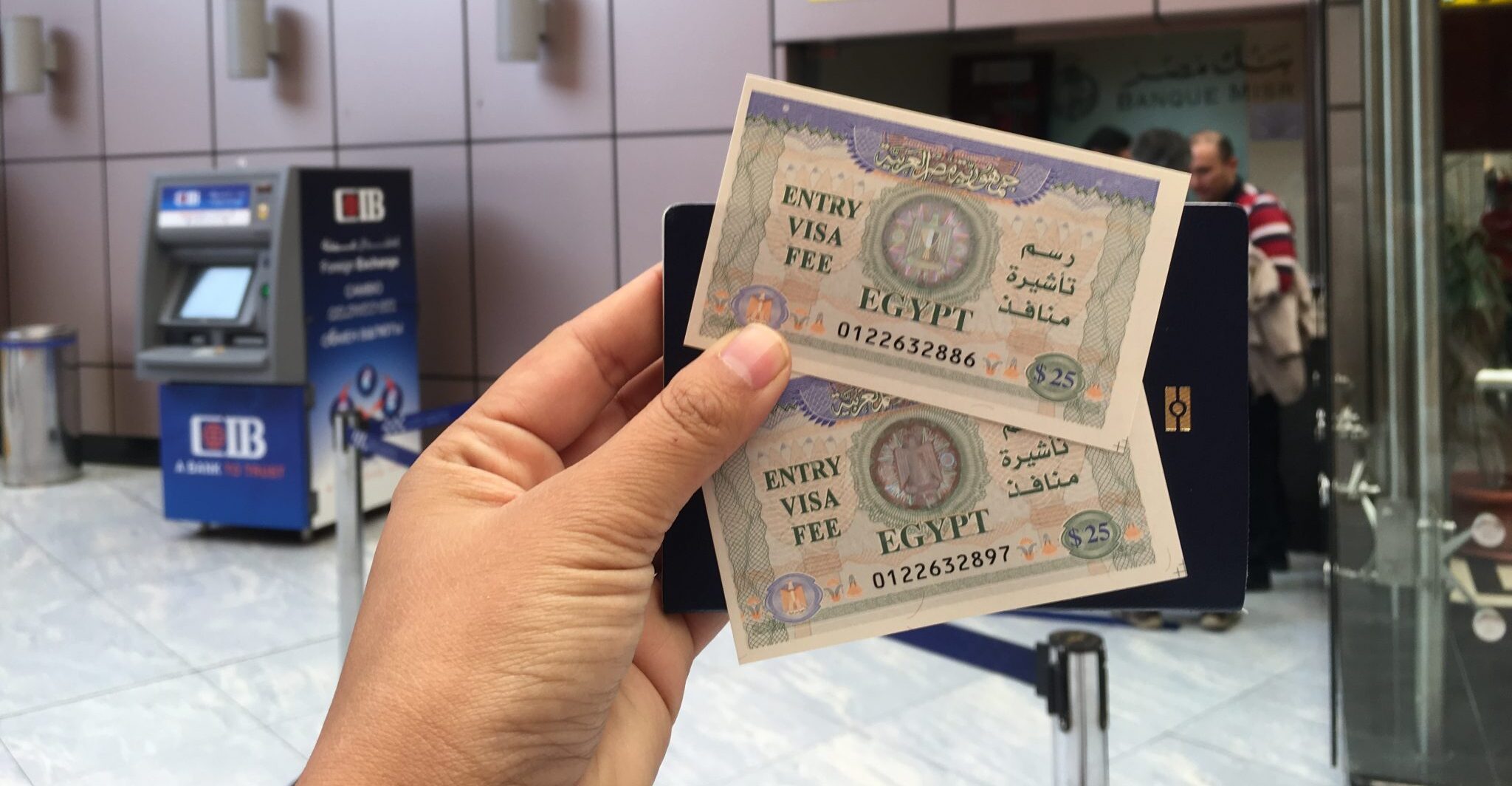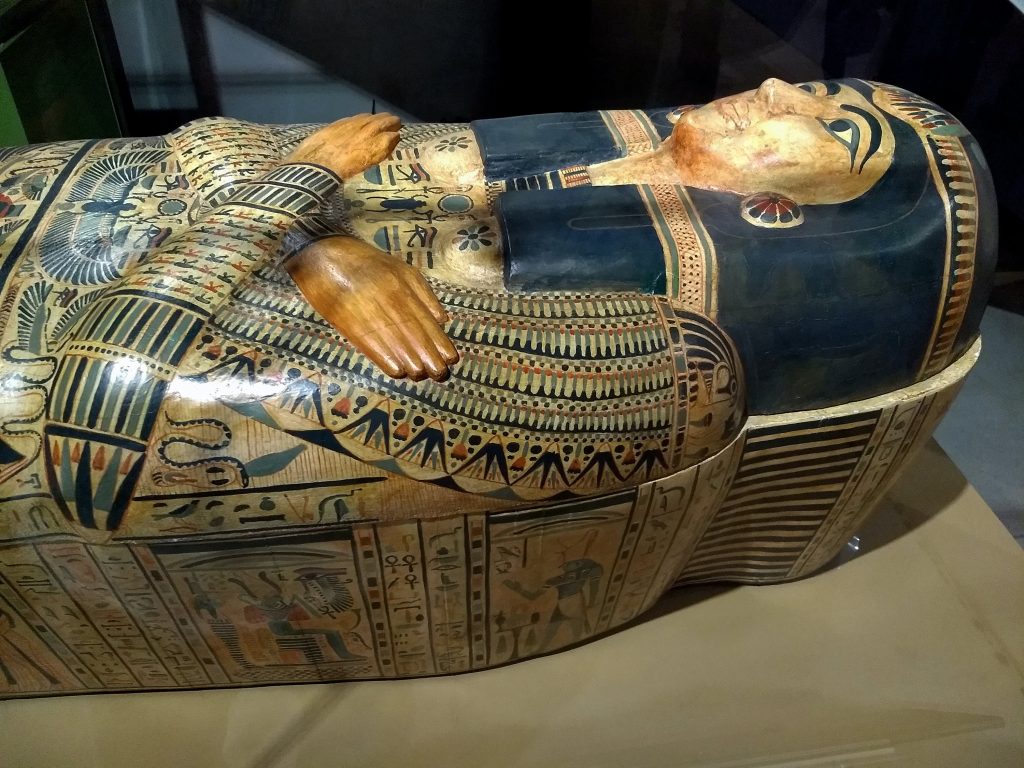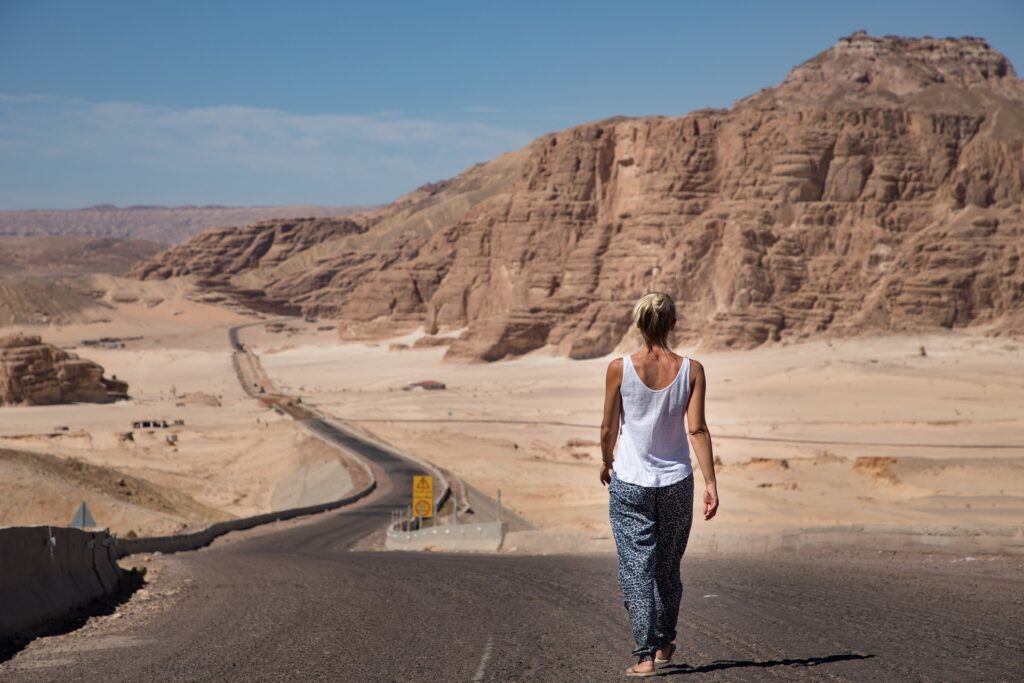For Egypt, tourism has long been a major source of foreign currency. The Central Bank (CBE) said that in 2022, the tourism sector brought in more dollars ($12.2 billion) than FDI ($6.7 billion) or the Suez Canal ($8 billion). According to the CBE, last year the sector was the fastest-growing source of foreign currency (up 37% compared to 2021), outpacing the Suez Canal (up 26.9%), exports (up 18.2%), remittances (dropped 10%) and FDI (down 72.7%).
Tourism’s growth trajectory continues in 2023. Amr El Kady, CEO of the Egyptian Tourism Promotion Board, a government body, told CNBC in May that tourist numbers increased by 33% in the first four months of 2023 compared to a year earlier. He estimated the country would see 15 million tourists by the end of the year, 28.2% more than in 2022.
The government has ambitious plans for the coming five years. “The maximum number of tourists Egypt can attract per year ranges between 14 million and 15 million,” Minister of Tourism and Antiquities Ahmed Issa told Al Ahram English in January. “We [aim] to double that figure to 25 [million] to 30 million by 2028.” That means increasing inbound tourism “25% to 30% annually.”
Issa said that would require “a lot of incentives,” favorable regulations, and government support for companies in the sector. Achieving those ambitions will also demand more capacity to receive and cater to those additional visitors.
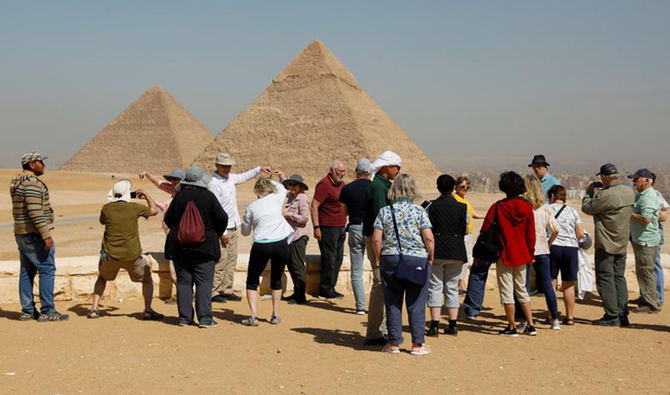
Easier entry
One of the government’s main priorities has been to simplify the process of issuing entry visas. In March, Issa announced that seven new nationalities could get visas upon arriving in Egypt. In the past, those nationals had to apply for entry visas before traveling and wait for approval.
Now, Chinese and Turkish visitors can unconditionally get a visa upon arrival in Egypt. Indians with a GCC residency visa can now get one at any of Egypt’s airports. Iranians can get visas if a certified tourism company sponsors them, and they remain in South Sinai governorate during their visit. The same applies to Israelis traveling to Hurghada. Meanwhile, Algerians and Moroccans must be part of a tourist group for a visa on arrival.
Nationalities still not eligible can apply for a visa on Egypt’s E-Visa portal, launched in June 2021, instead of going to the nearest Egyptian embassy. Additionally, the Ministry of Interior in July introduced a five-year, multiple-entry tourist visa option for $700. However, visitors must leave the country at least once within 90 days of arriving.
Issa also met with his Chinese counterpart in April and Nikolas Garilidis, Greece’s ambassador to Egypt, in June to discuss attracting more visitors from those countries. Garilidis told the media that encouraging yacht tourism and joint promotion campaigns were discussed.
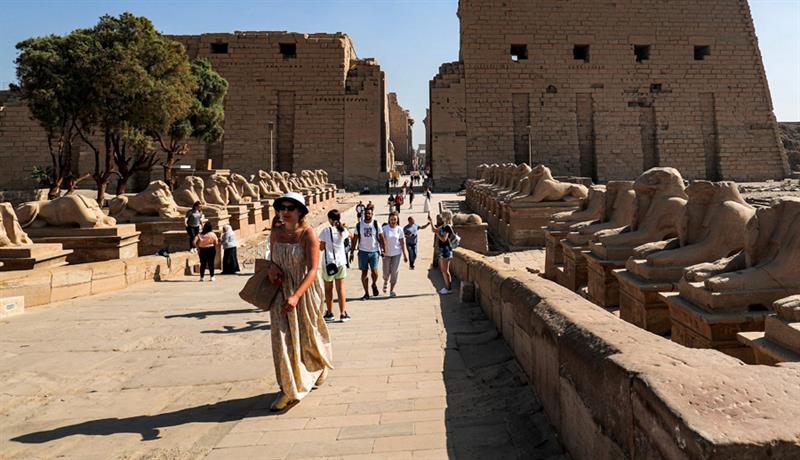
Destinations, destinations
The government has increased the number of nonstop flights to Egypt’s airports. In December, national airline EgyptAir announced it would increase direct flights from Moscow to Red Sea destinations from 18 to 28 per week.
It also announced new routes. In May, it introduced nonstop flights to Dhaka, Bangladesh. In June, it announced new direct routes between Cairo and Newark, N.J., to complement existing nonstop flights to New York, Washington, D.C., and Los Angeles. In July, the national airline started operating a direct flight to Manchester in the U.K. In August, it will offer nonstops to Delhi in India.
In June, Wiz Air, a Hungarian low-cost airline operating mainly in Central and Eastern Europe, said it has weekly flights from Rome and Milan in Italy to Sphinx Airport in Giza.
Since its operation in November 2022, Sphinx Airport has received budget airlines that don’t land at Cairo International Airport. The list includes Saudi Arabian Flynas, Kuwait’s Jazeera, Spanish Air Europa, and German Condor Airlines.
Another essential dimension to attracting more foreign tourists to Egypt is increasing the number of plane seats. Air Cairo, a 60%-owned subsidiary of EgyptAir that flies to Southern Europe and domestic destinations, added four new aircraft to its fleet in January. It plans to add six more by year’s end to bring the total to 30 planes.
In March, the airline announced it signed a three-year cooperation protocol with Sun Express, a Turkish-German airline, to market Air Cairo to tourists from Germany, Switzerland, and Australia flying to Egypt.

Private sector
Having thriving private-sector tourism companies that operate in a favorable environment is vital to increasing the number of tourists visiting. In June, President Abdel Fattah El-Sisi ratified Law 27 for 2023, which protects tourism associations and union funds from seizure. It also gives them more power to self-finance their operations, self-regulate, and resolve disputes outside the courts.
In June, sector experts talking to Daily News Egypt said the new law should improve the tourism ecosystem. That will come from limiting the ministry’s role to regulation, oversight, and licensing. Meanwhile, associations would focus on developing the sector by lobbying the government for more favorable laws, programs, and initiatives. Another focus will be offering training programs for small tourism companies, developing funding programs and initiatives for them during crises, and even helping them exit the market.
The 2023 law also makes it easier to establish tourism think tanks and have them publish their findings and policy recommendations.
In April, Prime Minister Mostafa Madbouly said the government will allocate EGP 10 billion ($323.6 million) to support the tourism sector in FY 2023/2024. The money would come from the Productive Sectors Initiative, which supports industries that generate foreign currency inflows, such as manufacturing and agriculture. Madbouly said the fund’s total FY 2023/2024 budget is EGP 160 billion.
The government also is seeking support from well-heeled private-sector tourism businesses in Egypt to finance a fund created in 2022 to support companies with fewer resources. In March, the government announced new fees on hotels, coffee shops, tourism operators, restaurants, and bazaars. They range from fixed amounts paid annually based on the business type and revenues to a percentage of income from core operations. For example, hotels must pay 1% of their revenue from room reservations.
Ensuring those efforts work as the government intends is essential, as it could prove an immediate, if partial, solution to Egypt’s foreign currency supply crunch. “Tourism arrivals have a big potential to absorb other external funding volatility … to maintain sufficient international reserves as well as [a] stable exchange rate,” noted research from the Faculty of Economics at the State University of Jakarta in 2014. “Improving the competitiveness of [the] tourism sector should be an integral part of the exchange rate stabilization program.”

